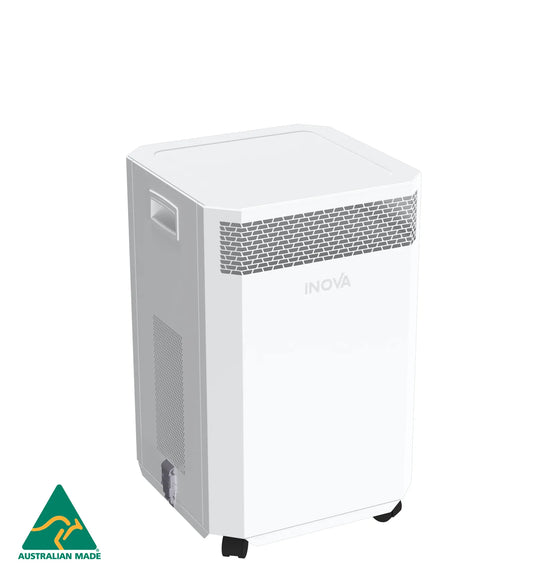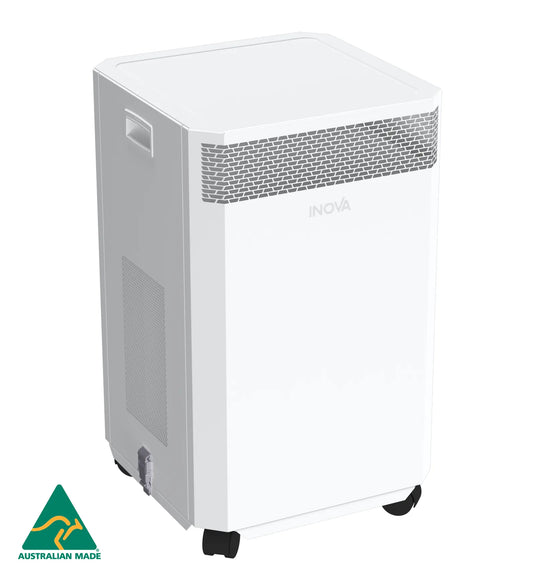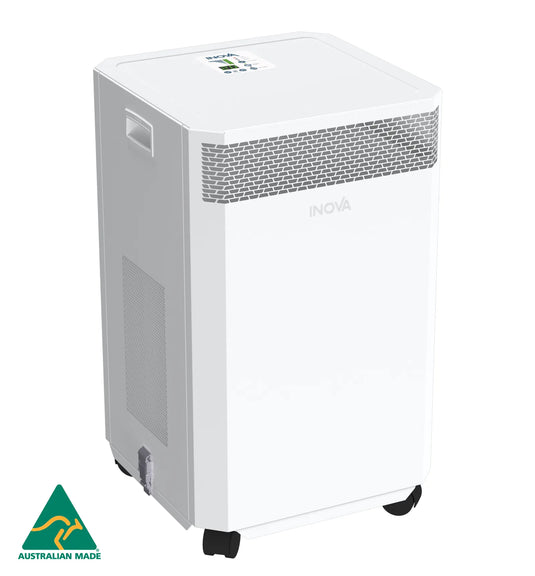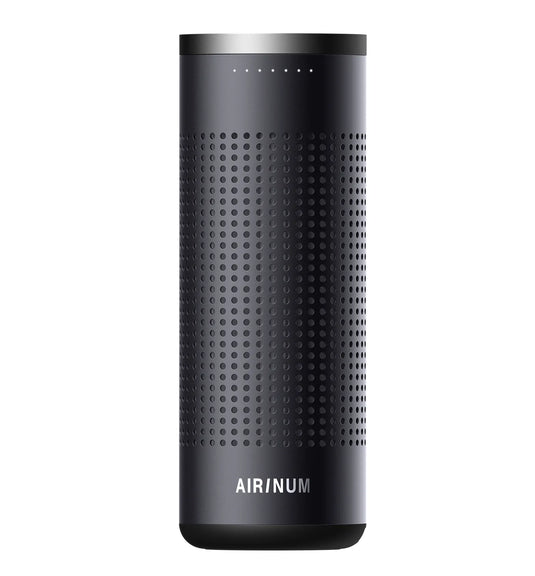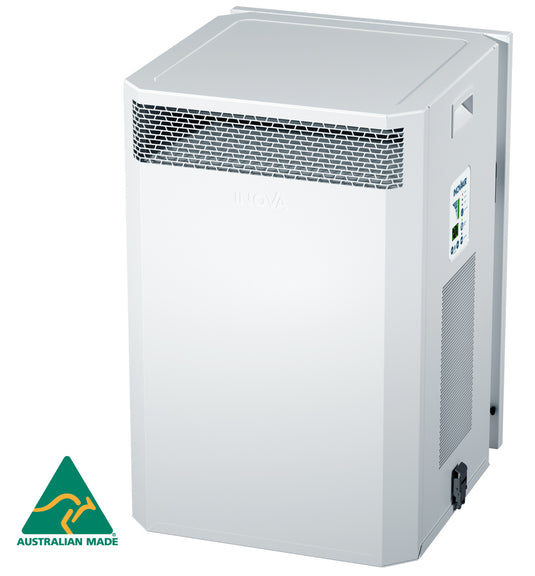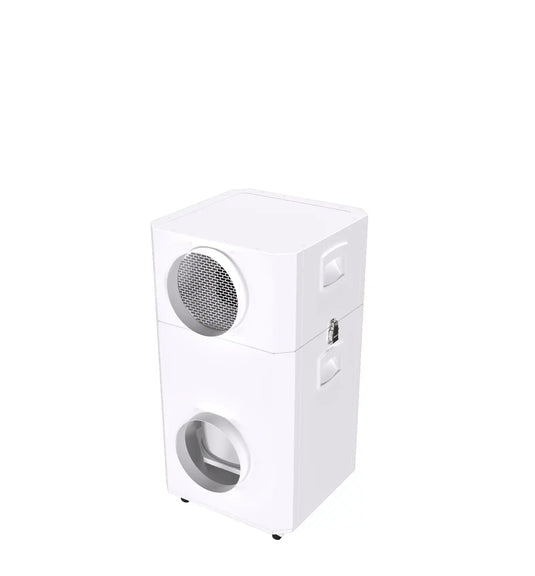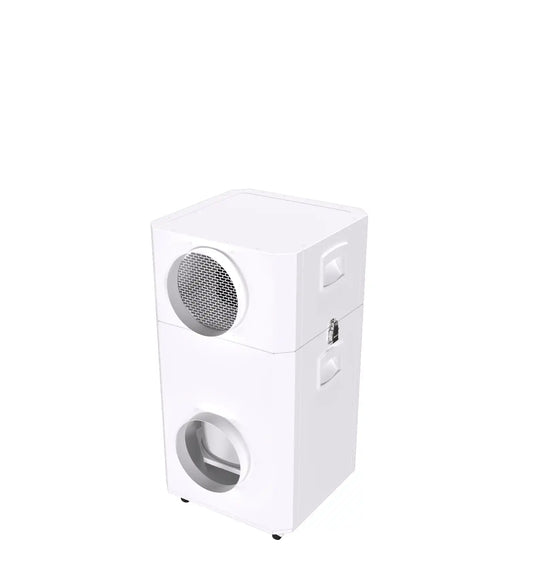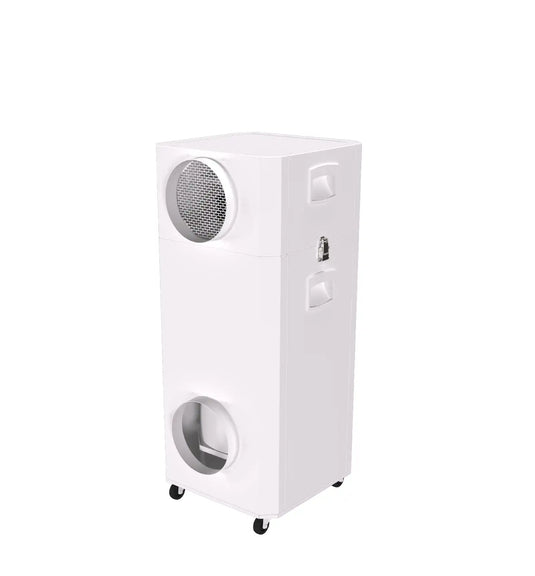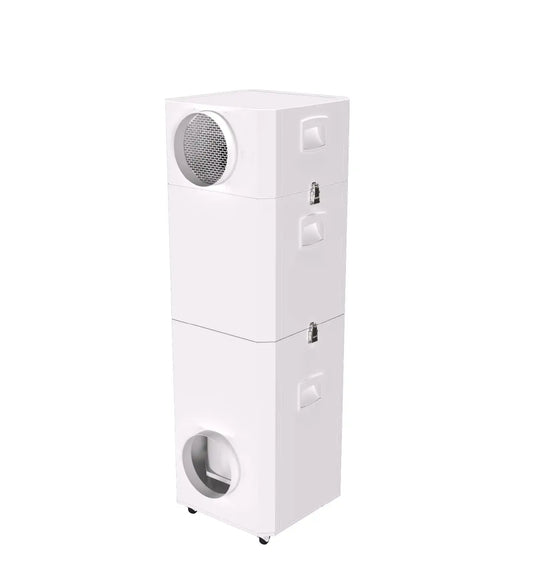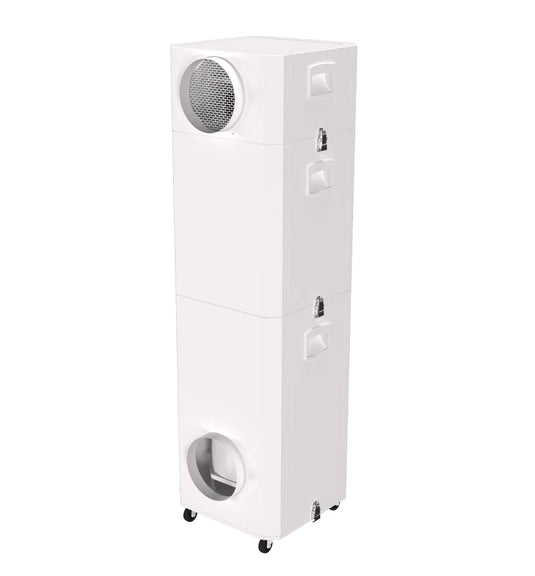The Hidden Bias Behind “Best Air Purifier” Review Sites
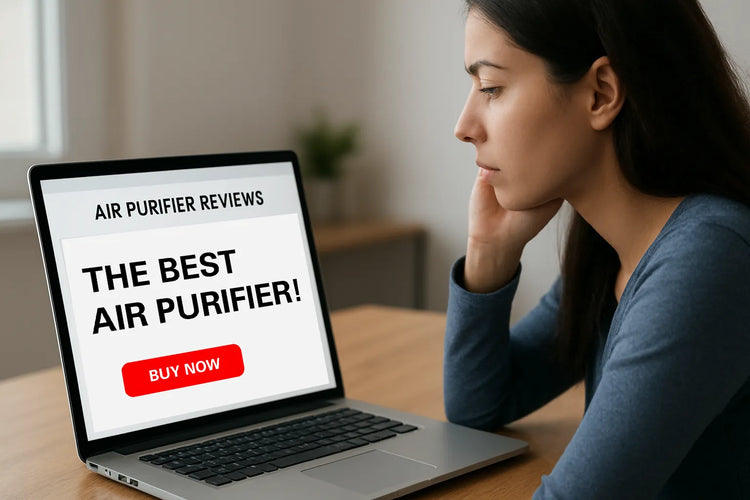
When you search online for “best air purifier,” you’ll be flooded with comparison articles, top-10 lists, and glowing product reviews. They look independent — complete with test results, pros and cons, and professional-sounding conclusions.
But in many cases, these “reviews” are not written to inform you — they’re written to convert you into a sale. The mechanism behind that is something called an affiliate link, and it’s one of the main reasons so many review sites can’t be trusted.
What Are Affiliate Links?
Affiliate links are special URLs that track sales. When you click one of these links and buy a product, the website that referred you earns a commission from the sale.
It’s an incredibly common marketing model, especially in the world of consumer electronics and appliances. The problem isn’t that affiliate links exist — it’s that they create a powerful financial incentive for the reviewer to steer you toward certain brands or models.
That incentive can quietly change how products are ranked, described, or even selected for inclusion.
How Affiliate Links Create Bias
1. They Reward Sales, Not Accuracy
The more products a site sells through its links, the more money it makes. That means reviewers are motivated to highlight models that are easy to sell — not necessarily the ones that perform best in real-world use.
2. They Promote Popular, Commission-Friendly Brands
Affiliate networks usually include only certain retailers, such as Amazon or major electronics stores. Reviewers, therefore, focus on products available through those outlets, ignoring smaller or specialist brands that might actually have superior filtration technology.
3. They Skew “Top 10” Lists
Ever notice that the “#1 recommended” air purifier changes from site to site? That’s not because testing produced wildly different results — it’s often because each site has its own set of affiliate relationships. A model with a higher payout or better conversion rate tends to rank higher, regardless of performance.
4. They Encourage Soft Criticism
A review that’s too negative discourages readers from clicking a “buy now” link. So even when reviewers mention drawbacks, they’re often softened or balanced by more persuasive positives — creating the illusion of balance while still driving sales.
5. They Undermine Transparency
Some sites bury their affiliate disclosure at the bottom of the page, written in fine print or vague language. Readers may never realise the reviewer is financially linked to the products being “tested.”
Why This Matters for Air Purifiers
Air purifiers are complex devices — their performance depends on real engineering factors like airflow rate, filter media quality, and particle capture efficiency. A good purifier can genuinely improve indoor air quality; a poor one may do little more than move air around.
When review sites prioritise affiliate revenue over objective testing, they tend to:
-
Recommend products based on popularity instead of filtration efficiency.
-
Ignore details like filter material, seal integrity, or lifespan.
-
Use unverified marketing claims instead of real performance data.
-
Emphasise style, size, or “smart” features that have little to do with clean air.
The result? Consumers spend money on products that may not deliver the health benefits they expect.
How to Spot Biased Review Sites
Before trusting a “best air purifier” article, look for these warning signs:
🚩 Every product has a “buy” button or shopping link.
🚩 The site never explains how testing was conducted.
🚩 The same big brands appear at the top of every list.
🚩 There’s no mention of filter types, materials, or test standards.
🚩 There’s a disclosure statement about “affiliate partnerships” — or none at all.
How to Find Reliable Information Instead
-
Check independent testing organisations: Look for results from consumer testing agencies or certification bodies that use standardised testing (such as HEPA filter efficiency ratings).
-
Consult technical documentation: Review manufacturer data sheets that specify filter media and performance standards.
-
Read user experiences: Verified customer reviews often reveal issues with noise, maintenance, or replacement filter costs.
-
Ask direct questions: Transparent companies will clearly state what materials their filters use and how their purifiers are tested.
The Bottom Line
Affiliate marketing has blurred the line between impartial advice and sales copy. While not all review sites are dishonest, those that rely on affiliate links often have built-in biases that favour products which generate the most commission — not necessarily the cleanest air.
So before trusting a “top-rated” list, remember: the best air purifier isn’t the one a website earns money from — it’s the one that’s proven to protect your health.

